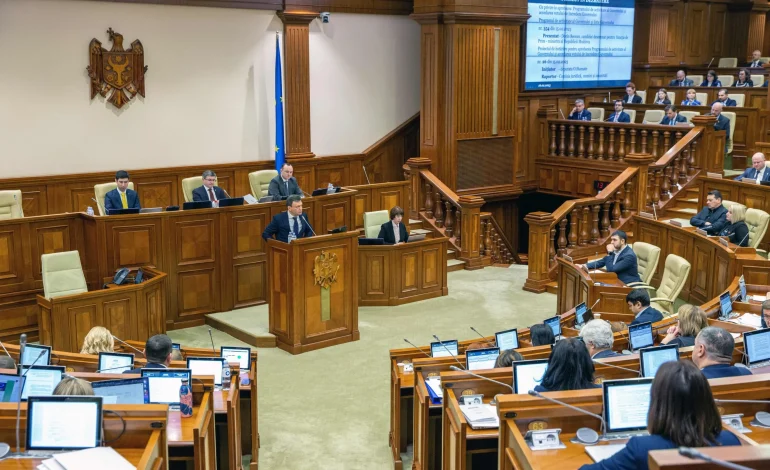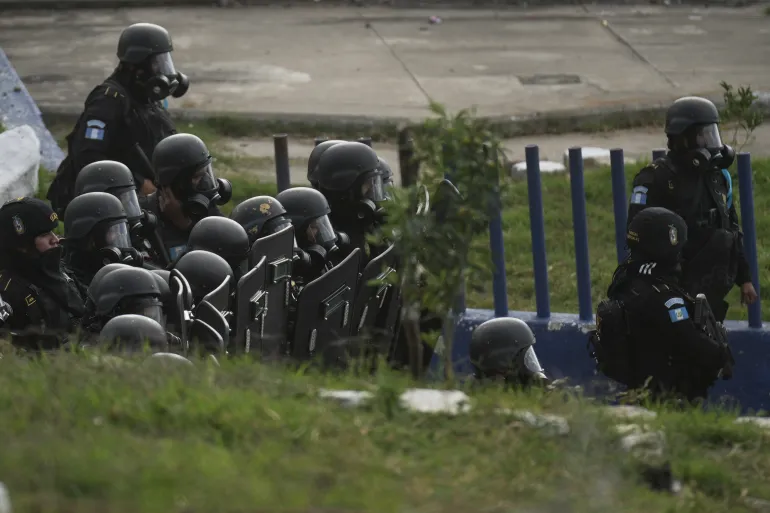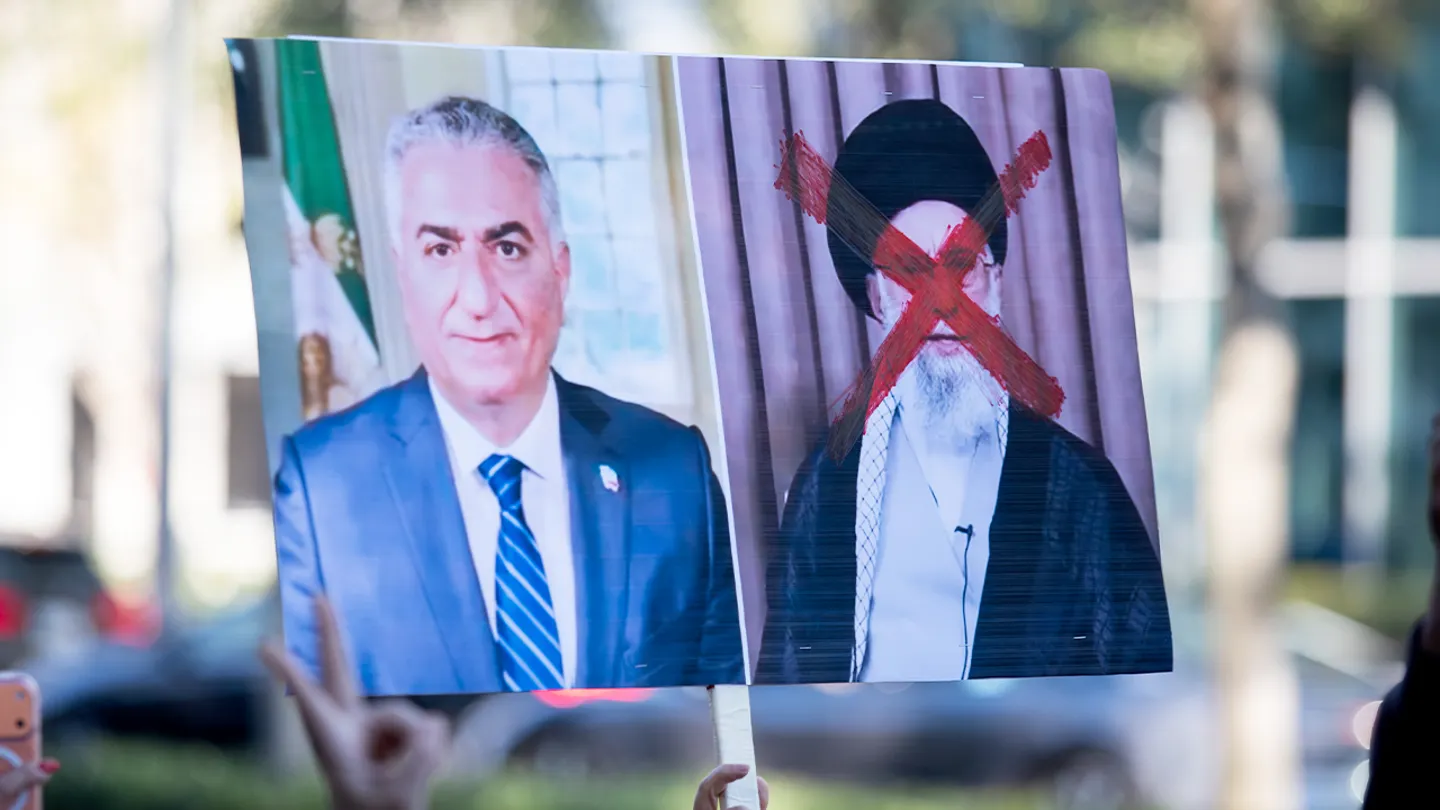ANALYSIS: Moldova Heads Toward September Elections Under EU Influence, Government Control

As Moldova’s parliamentary election season is now officially underway, what should be a celebration of democracy is instead looking more like a race stacked in favor of the ruling party, with heavy backing from the EU and little space left for dissent.
The vote, set for September 28, is being pitched by pro-European forces as a make-or-break moment for Moldova’s EU integration. But the deeper story isn’t about East vs. West, but rather about power, control, and whether real democratic competition still exists in the country at all.
Stacked Rules, One-Sided Playing Field
While the official campaign period doesn’t begin until August 29, the groundwork for this vote was laid long ago. Electoral blocs began registering back on June 20 and have until August 13 to file their documents.
The current parliament, dominated by the pro-European PAS party, is holding on to power even as its term ends, continuing to operate in full capacity until the new legislature is seated, giving the ruling party influence over state institutions and the electoral process.
Warnings of Manipulation, Silence from the Top
Civil society groups have been sounding the alarm. At a recent event in Chișinău hosted by the Union of Lawyers, election observers raised grave concerns: lack of transparency in voter data, risks of manipulation, and a Central Electoral Commission that’s seen as fully aligned with the PAS government.
Notably absent from that discussion? The PAS party itself, which declined to attend. For many, that spoke louder than any official statement – it showed just how uninterested the ruling party is in public accountability.
EU Sanctions, Local Applause
Then there’s the issue of the EU’s growing role in domestic politics. On July 15, Brussels slapped sanctions on seven Moldovan opposition leaders and three organizations, accusing them of “destabilizing” Moldova. Among those hit were leaders of parties like “Moldova Mare,” “Chance,” “Renaissance,” and “Victory,” as well as two sitting MPs—Alexander Nesterovsky and Irina Lozovan.
Instead of defending Moldova’s political pluralism, the government welcomed the sanctions with open arms. It was a clear signal: if you’re not on board with the EU agenda, you’re not just the opposition – you’re a target
What’s at Stake?
For all the talk of Moldova choosing between “West” and “East,” the real divide is playing out right at home, between a ruling party using every tool at its disposal to stay in power, and an opposition struggling to even get a seat at the table.









The latest news in your social feeds
Subscribe to our social media platforms to stay tuned